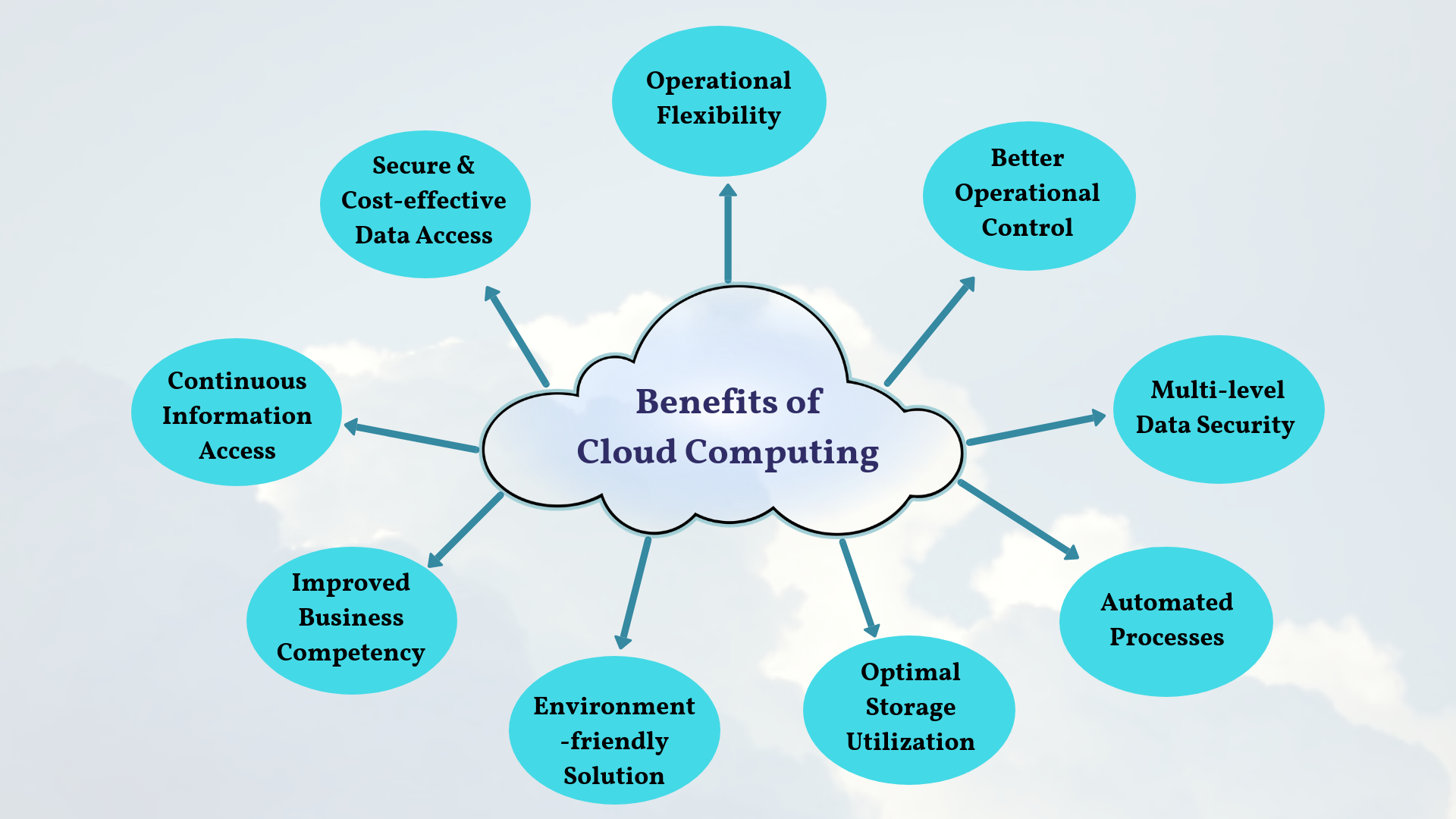Prior to the advent of cloud services, startup founders had to invest significant time and resources in developing prototypes to test hypotheses and building the infrastructure for them. This was a necessary step in the product development process. However, with the help of cloud services, this task can now be completed in a few days. Cloud allows startups to focus on their ultimate business objective, rather than spending time and resources on maintaining the technical infrastructure.
In the past, all work processes, including product development and creation, marketing, logistics, sales, customer support, operations, and back office, required significant investment in infrastructure. Companies had to purchase and configure servers, software, and licenses. In today's environment, there is no longer a need for such extensive investments. Cloud server enable the entire infrastructure to be deployed in 20-30 minutes, with the company only paying for the resources it actually uses.
In this article, we explain everything you need to know about the cloud and its advantages for startups.

The five benefits of cloud for startups and small businesses include
-
Data security
-
Accessibility and collaboration
-
Reduced IT costs
-
Faster scalability
-
Faster data backup and recovery
Data security
The number of threats continually increases. It is challenging to manage infrastructure security without many resources. A common misconception is that using a cloud platform is not a secure way to store data or run a business. In fact, the opposite is true.
Major cloud providers recognize the value of their reputation and invest money to mitigate, detect, and remediate cybersecurity threats. They are engaged in ongoing research into new threats, developing new encryption solutions, and monitoring their systems for potential intrusions. This is done with the objective of maintaining the security and integrity of their data.
Instead of spending time in updating in-house server, monitoring network traffic, and keeping up with software updates, you can outsource these concerns to your cloud provider.
Accessibility and collaboration
Cloud services provide employees with convenient access to corporate data from any location at any time, ensuring that everyone on your team is up to date, which is especially important for startups.
One of the benefits of cloud hosting is the ability to collaborate remotely. It enables the timely dissemination of important updates and facilitates communication despite distance.
Reduced IT costs
When establishing a data center, it is essential for a startup team to allocate funds for server maintenance. Moreover, for servers that are often not in use. In the case of cloud computing, if a business hypothesis proves unsuccessful, you can shut down virtual machines that are no longer required in just a few seconds, thus avoiding any further costs.
There is still a common belief that cloud services are more expensive than in-house data centers. However, over the long term (a year or more), the cost of your own infrastructure will be higher. The team will need to purchase and configure servers, spend time installing security updates, integrate new hardware. Furthermore, the typical lifespan of data centers is approximately five years. Virtual server eliminate the need for reinvestment in infrastructure on a cyclical basis.
Faster scalability
As your business expands, it is essential to ensure that your infrastructure keeps pace. Imagine that you had 100 users and then there was a sudden spike to 1,000. In such a scenario, the team would be required to rapidly expand the infrastructure. In the case of on-premises infrastructure, this represents a new investment plus time. A cloud provider makes it simple to configure the resources you need at any given moment. The technology is designed to eliminate the need for time-consuming rewrites of programs and applications in the event of a sudden increase in load. Instead, capacity will scale according to demand. The team is relieved of the burden of monitoring resource requirements, as the provider is responsible for managing load growth.
Faster data backup and recovery
It is a complex and costly process to purchase additional servers to back up your physically stored data. However, when managing local servers, it is necessary to consider this. With the cloud, your data is duplicated, so you increase resilience and minimize downtime while saving money.
Furthermore, recovery times can be significantly reduced. For instance, with certain providers, backup and disaster recovery can reduce RPO to 10 minutes without the need to reboot the system. Consequently, simplified backups, data control, fast recovery, and minimal loss are essential aspects of the cloud.



